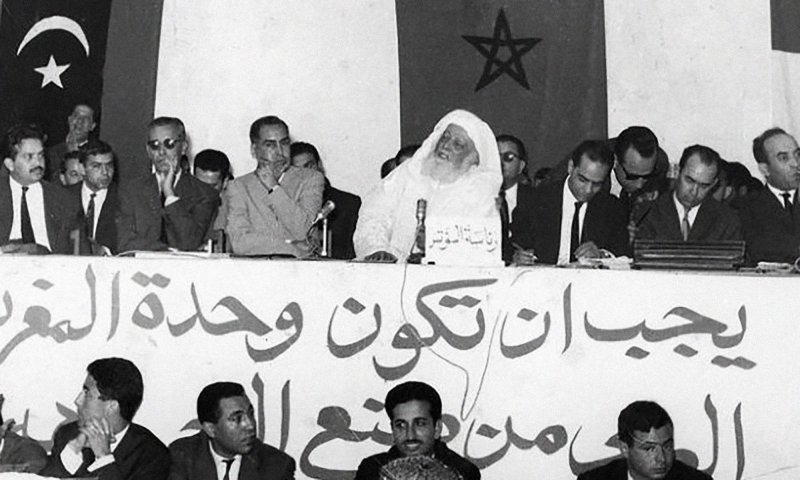Since the onset of the twentieth century, the French and Spanish colonial powers played a primary role in shaping party politics in Morocco. So too did the national resistance movement which played a prominent role in the emergence of the culture of political parties.
Morocco is one of a few Arab countries that adopted party pluralism before and after independence. Today, there are 34 parties in Morocco of various political shades, including leftists, centrists, liberals and Islamists. The seventh chapter of the Moroccan constitution stipulates the role of parties as lying in providing a political framework and representation for citizens, to constitute them politically, to reinforce their involvement in national and public affairs, to aid in reflecting the will and aspirations of voters, and to play a role in governance on the bases of pluralism and the alternation in power through democratic means and in the framework of constitutional institutions.
The Birth of Parties in Morocco
According to Nour al-Din al-Zahi's book "The Zawiya and the Party", Morocco's anti-colonial national movement began organizing itself politically with the establishment of free educational schools, with the first being founded in the 1919 in the city of Fez.
The next political step for the national movement was the establishment of cultural associations, though with political cover. The work of such associations began in the year 1926, and "the first party organization in Morocco was inaugurated through the founding of a Zawiya – which was viewed as the organizational nucleus entrusted with making decisions and directing the work of the national movement."
Subsequently, the Taifa was founded, as an organizational framework tasked with executing the decisions promulgated by the members of the Zawiya.
Al-Zahi explains that these organizational forms were mostly secretive in nature, and were crowned in 1934 with the establishment of the "National Action Block." The block (known as the kutla) was banned from operation for a period of time before returning in 1937 as the "National Party."
In 1944, the National Party experienced a shift that led to the birth of the "Independence Party" under the leadership of Alal al-Fasi. The party was behind the initiative for a petition calling for independence on the 11th of January 1944, before the French Protectorate forces responded with repressing the nationalist Moroccans, exiling them and killing them.
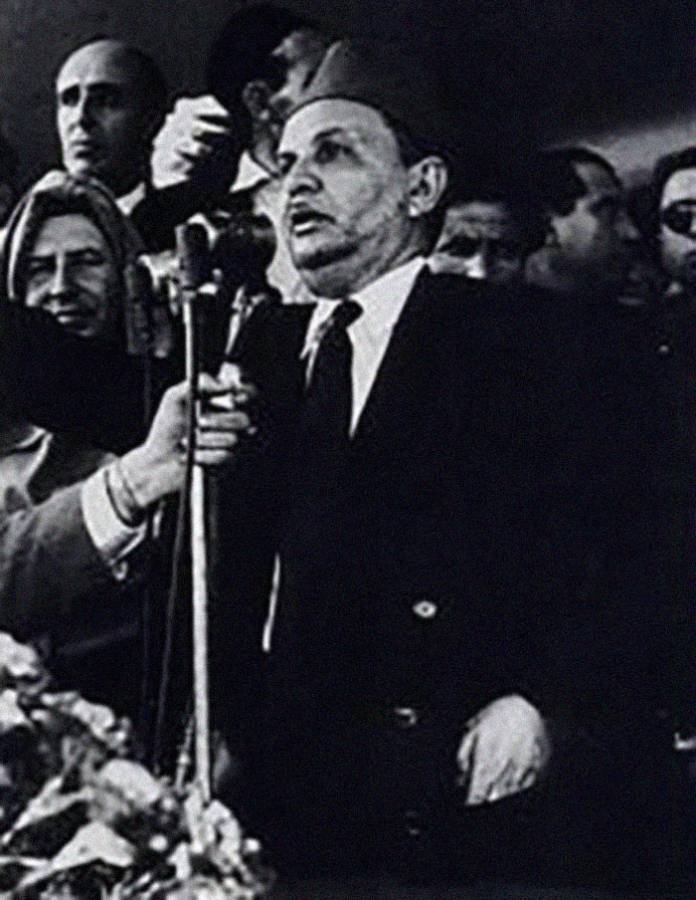
This juncture would mark Morocco's entry into a new period of political struggle that would culminate in the country's independence in 1956.
#Morocco's king retains wide competencies and prerogatives including head of state, supreme commander of the army and "Commander of the Faithful" – additionally controlling legislation in religious affairs, effectively making him an absolute monarch.
Compared to most Arab countries, #Morocco enjoys a relatively strong political system supporting a good democratic process. This reflects a long tradition of citizen action to oppose the colonial powers.
Post-Independence Party Activity
After Morocco's independence, the country's political scene witnessed the emergence of various new political currents.
In 1959, splits inside the Independence Party led to the establishment of the "National Union of Popular Forces" (UFNP) under the leadership of Mehdi Ben Baraka. In the same year, the "Popular Movement" party was founded, which was considered loyal to the monarchy, with the aim of putting an end to the dominance of the Independence Party.
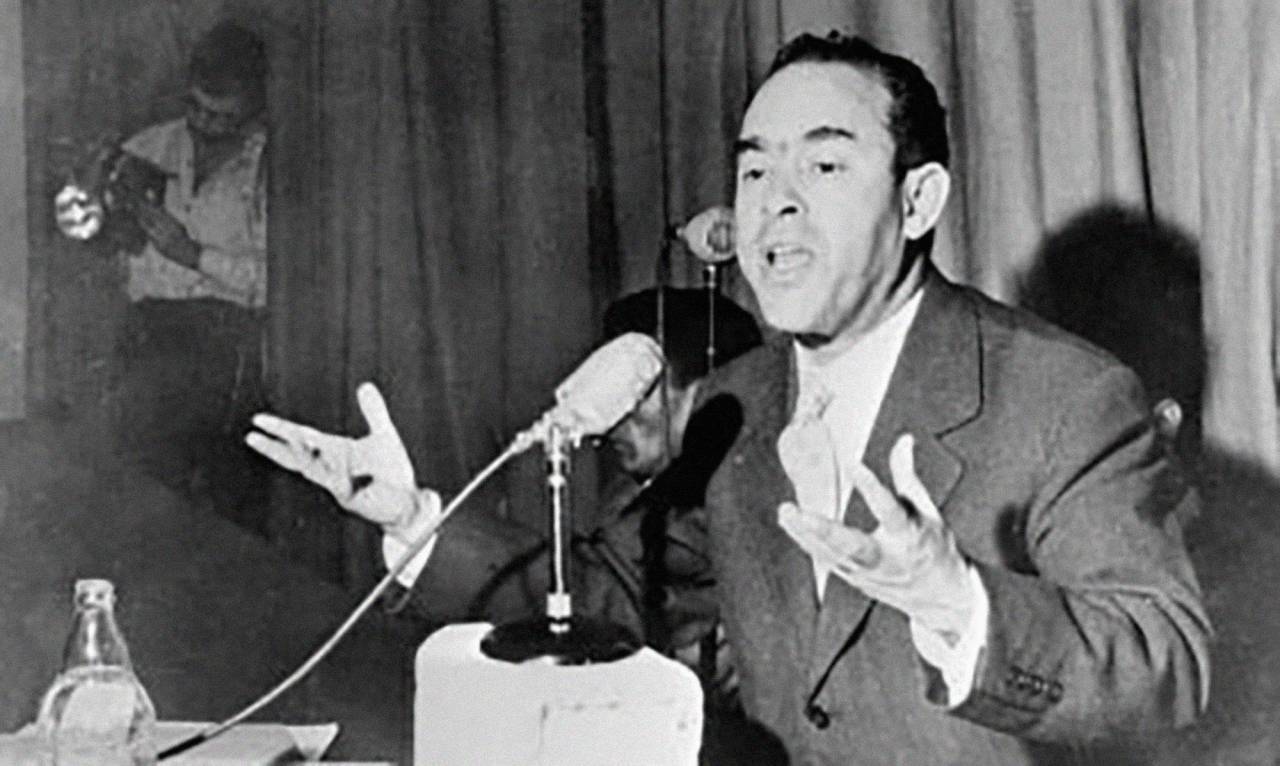
Mehdi Ben Baraka
In the 1960s, the "Front for the Defence of Constitutional Institutions" political party was founded, led by Ahmed Reda Guedira, who would later become an advisor of the former King Hassan II, and was known as the "King's friend." The purpose of this party was to serve as a counterweight to the UNFP which had refused to support Morocco's first constitution in the year 1962.
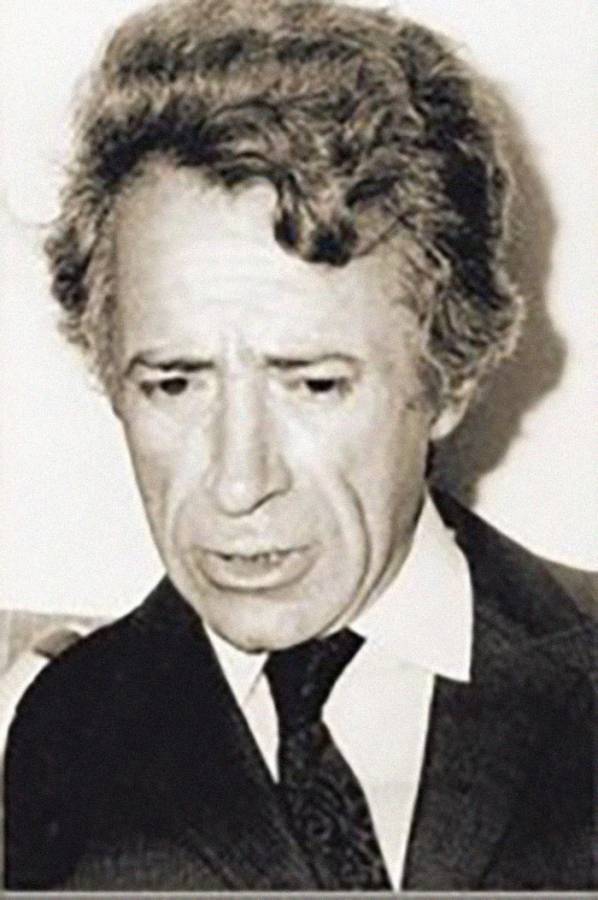
Ahmed Reda Guedira
With the onset of the 1970s, a new party entered the arena: the "Party of Progress and Socialism," which was initially founded on communist principles, but would abandon communism with the collapse of the Soviet Union, and is today considered a progressive party.
In 1975, the "Socialist Union" was also declared – founded by defectors from the UNFP.
To curtail the momentum of socialist parties – especially the Socialist Union of Popular Forces which was attracting the interest of the Moroccan masses – the palace prompted King Hassan II's brother-in-law, Ahmed Osman, to found the "National Rally of Independents" party. This took place in 1978, with the new party bringing together large numbers of notables and officials in the state.
The incessant obsession of creating a balance between the parties in the political arena was one of the main motives for the creation of parties loyal to the palace; thus in 1981 the "National Democratic Union" was founded, to be followed in two years by the loyalist "Constitutional Union" party which was nicknamed the 'Administration's Party.'
The 1990s would also witness the emergence of a notable number of parties, most significantly perhaps the Islamist "Justice and Development Party", the "Front of Democratic Forces", the "Democratic Socialist Party", the "Democratic Movement", the "Independent Democrats" and the "Democratic Way."
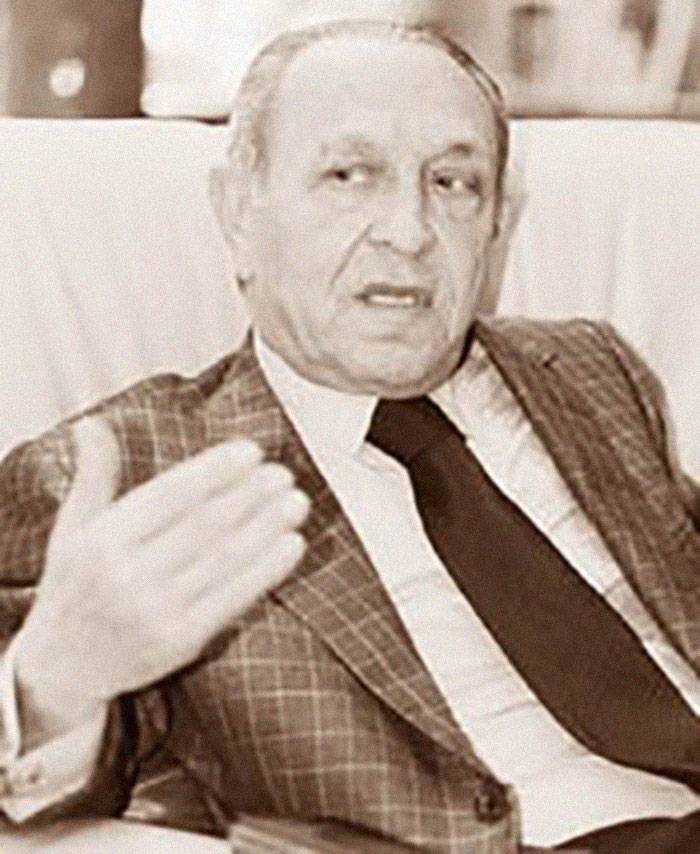
The following years would similarly witness the foundation of other parties, such as the "Renaissance and Virtue" party which split from the "Justice and Development" party.
The Struggle Between Court and Parties
Since its founding, the UNFP constituted the sole front confronting the Moroccan monarchy. According to the researcher in party affairs, Tariq L'kadali, the origins of the struggle between the party and the king lay in their different visions for governance in Morocco.
L'kadali told Raseef22: "The revolutionary orientation that was chosen by the founders of the National Party made the royal court enter into an intense conflict with it, which would manifest in the arrest of its symbolic figures under the charge of 'destabilizing the security of the country': at their head Mohammed al-Basri, known as the 'scholar', and Abdul Rahman al-Yousifi who would later be appointed by the royal court in 1998 to lead a government of national unity."
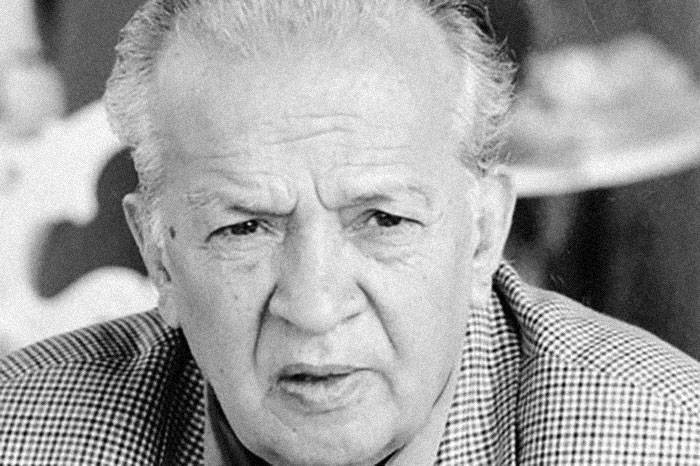
Mohammed al-Basri
L'kadali adds that despite the splitting of the Socialist Union Party from the UNFP in 1975, it would continue to oppose the royal authority.
The Socialist Union Party would eventually choose the road of democracy instead of that of revolution, yet communication channels between it and the court remained severed because of the positions adopted by the former which angered the monarchy: notably including the boycotting of a popular referendum on the constitution in 1962, and its refusal of the proposal to organize a referendum to decide the fate of the Western Sahara in 1981.
Meanwhile, the professor of higher education in the Hassan I University, Mostafa al-Qasimi, recounts how the deceased king Hassan II launched a stinging attack on the socialist party following its refusal of the referendum on the Western Sahara, declaring at the time: "I consider you to have departed from the Islamic community, and I do not fear your departure from parliament so much as I fear that you will be stoned with rocks by the citizens."
Al-Qasimi pointed out that the words of Hassan II came in the context of the political regime in Morocco being one established with an Islamic frame of reference, a crucial part of which is the "rule of the [Islamic] community."
While the Socialist Union Party had begun its preparations following these events to participate in the political process, through a retreat from the policy of popular protest, the leftist Organization of Democratic Action entered into a conflict with the royal court through refusing to participate in a popular referendum on the constitution in 1996.
The refusal decision caused the party to implode, creating many splits inside it, from which arose a new party: the "Unified Socialist Party". According to al-Qasimi, many observers of Moroccan politics have noted that Driss Basri – Morocco's then Interior Minister – orchestrated the infiltration of the Organization of Democratic Action, which led to the defections from it.
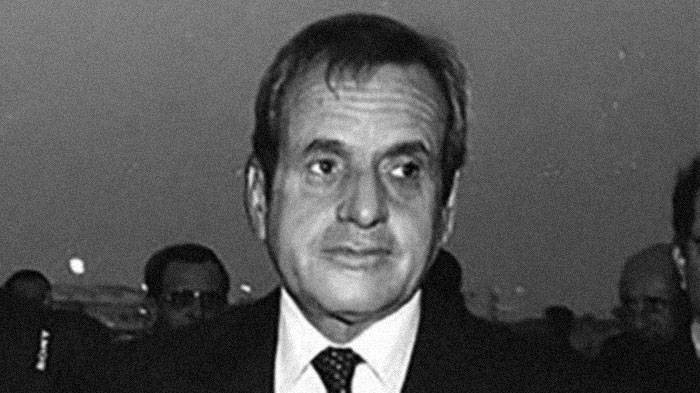
Driss Basri
According to L'kadli, the party was heavily affected by this split, leading it to unite with other leftist parties to establish today's "Unified Leftist Party".
The End of Conflict
One year before the passing of King Hassan II, Morocco's political scene began to witness a state of détente, as the Socialist Union party took on the role of a legitimate opposition and accepted participation in governance. Consequently, the Secretary General of the party Abdulrahman al-Yusifi accepted the role of prime minister of a coalition government which encompassed the parties of the Bloc of National Action, in turn composed of the Socialist Union, Independence Party, and the Progress and Socialist parties.
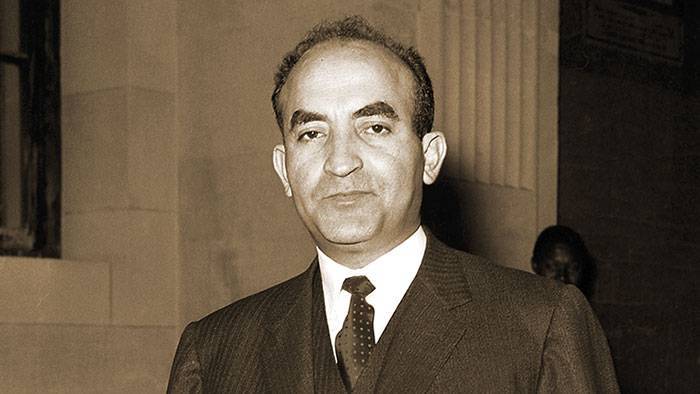
Abdulrahman al-Yusifi
Since that time, no political conflict has risen to the surface between the palace and the Socialist Union; however, the image of the party began to deteriorate directly after the end of the coalition government's term that was spearheaded by its former Secretary General. After the ascension to the throne of King Mohammed VI, the newly-anointed king declared a change in government; the number of ministries were reduced and Driss Basri – the Interior and Media minister who was known as a strongman – was relieved of his post.
Subsequently, the popularity of the Socialist Union began to decrease, losing many seats in the loyalist government led by Abbas al-Fassi. Today, the party has lost even the necessary quota for participating in parliament, failing to satisfy the legal threshold of twenty elected delegates.
Did Party Pluralism Compromise the Political Process?
L'kadali returns to the 1960s, to cite an article by the French newspaper "Paris Match" which illustrated that the palace preferred the proliferation of parties and political bodies in order to produce friction between the different ideas and ideologies, while noting that such an analysis did not please the leaders of the UNFP.
For his part, the specialist in constitutional law al-Qasimi believes that party pluralism has had a positive effect on Moroccan politics, helping to create a framework for citizens and relay their demands. Al-Qasimi recounts a statement by the former king Hassan II that he was not against party pluralism, but sought to create a pluralism that combines parties of the right, center and left.
The Monarchy and the Parties… Who Rules?
The Moroccan constitution of 2011 preserved the principle of an executive monarchy that had been present in previous constitutions, with the king retaining wide competencies and prerogatives as the head of state and "Commander of the Faithful" – additionally controlling legislation in religious affairs.
According to the current constitution, the king's competencies are divided into two forms of royal privileges depending on the circumstances of the country; he has many competencies during ordinary circumstances and additional prerogatives during exceptional conditions.
It should be noted that the 41st chapter of the Moroccan constitution stipulates that the king is the Commander of the Faithful and protector of the faith and religion, as well as the guarantor of the exercise of religious affairs; the king heads the Supreme Council for Education that examines cases that he introduces to them.
L'kadali explains this phenomenon by stating that religious affairs are the exclusive domain of the monarchical institution, with no role in them for parties.
Subsequently, the 42nd chapter of the constitution stipulates that the king is the "head of the state, its paramount representative, a symbol of the unity of the community [Umma], the guarantor of the state's preservation and continuity, and the highest [level of] governance amongst its institutions; sleepless for the respect of the constitution, and the good functioning of the constitutional institutions; safeguarding democratic choice, and the rights and freedoms of individuals and groups; and respecting the international commitments of the kingdom."
L'kadali explains that the legal arsenal of the Moroccan constitution preserves the monarchy's intervention despite the existence of a government and constitutional institutions – while the democratic franchise and the ability of citizens to vote, as well as the existence of party pluralism, frees Moroccan governance from being monopolized by one party.
L'kadali's opinion is supported by al-Qasimi, who explains that any party that achieves a majority in elections must organize a coalition with other parties in order to form a government.
Relatedly, the official spokesman of the Islamist "Justice and Spirituality" party – which is officially outlawed by the Moroccan authorities – Fathallah Arsalan views the king to be the actual ruler in the Moroccan political system, arguing that parties participate in government, but not governance.
The same opinion is taken by the former Secretary General of the Justice and Development party Abdelilah Benkirane, who also considers the king to be the actual ruler of the regime. Benkirane declared in previous media statements that "Morocco has a constitution that specifies who rules. The king is the head of the council of state and the Commander of the Faithful and the Supreme Commander of the Armed Forces, and thus is the ruler."
In a speech to the nation on the 18th anniversary of the 'Throne Celebration' (the commemoration of the king's ascension to the throne), Morocco's king declared that the political parties had not yet absorbed the roadmap that he had placed and defends in order to create comprehensive development – criticizing the parties in no uncertain terms, and accusing its methods of operation to be transgressive.
The royal condemnation of Morocco's party politics was explained by observers as lying in the metamorphosis of the parties from practicing their constitutional roles – providing a framework for the citizenry and helping in governance – to becoming engaged in partisan conflicts between each other.
While the mandate of the current government is supposed to end in 2021, increasing calls have been made for the parties to return to their true role of providing a framework for citizens, in the hope that they could recover the lost faith between them and the ruler on one hand, and between them and the voters on the other.
Raseef22 is a not for profit entity. Our focus is on quality journalism. Every contribution to the NasRaseef membership goes directly towards journalism production. We stand independent, not accepting corporate sponsorships, sponsored content or political funding.
Support our mission to keep Raseef22 available to all readers by clicking here!
Interested in writing with us? Check our pitch process here!
